A quick look inside a human being
07/26/2023
Physicists at the University of Würzburg have succeeded in making a new imaging technique ready for use on humans. Radioactive markers and radiation are not necessary for this.
more


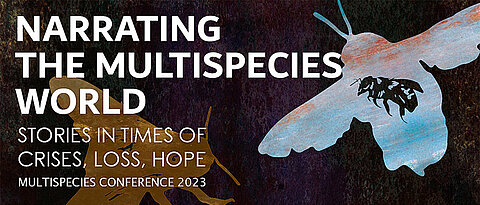
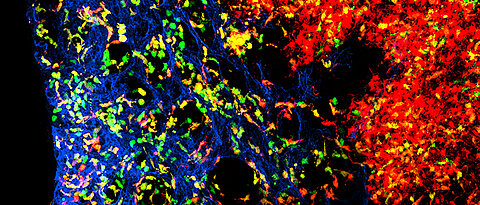

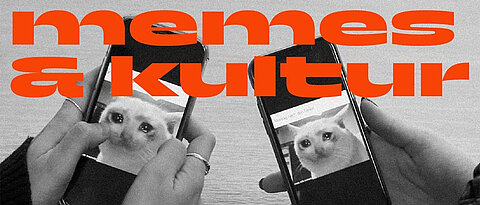


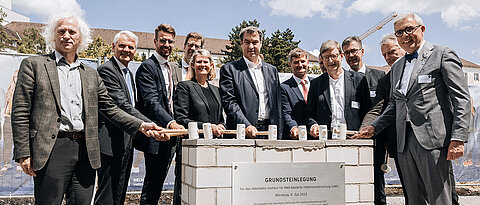
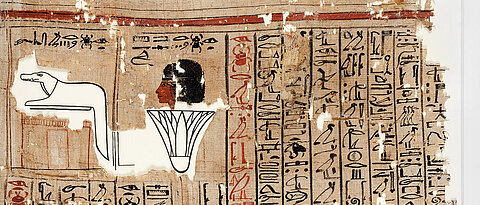




![[Translate to Englisch:] A young man wears an amulet with a magical text on a necklace in this mummy portrait from Imperial Egypt (150-200 AD). Photo: Getty Museum, Malibu.](/fileadmin/_processed_/c/f/csm_0628MagEIA-www-neu_ca5cf1ba80.jpg)




